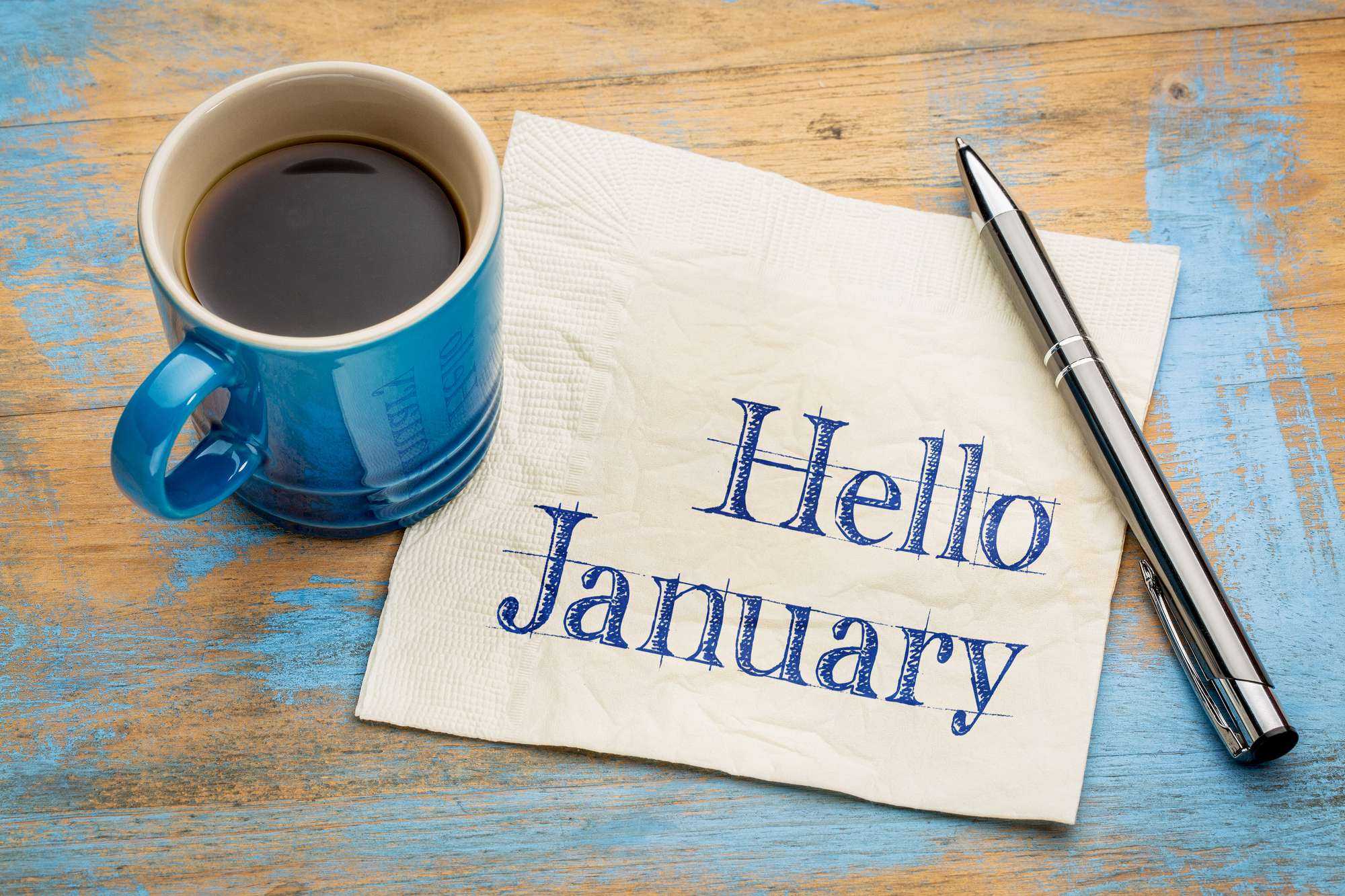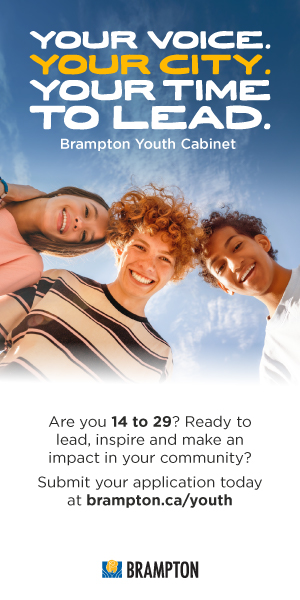on
BY NIKITA YOUNG
It’s a brand new year and the holidays have wound down. It’s time to get back into the swing of things: back to work, back to school, back to lockdown madness.
The past year has really shaken the world up and I think we are all feeling a little on edge. It’s easy to get caught up in the daily Rona stats and regulations that are being spewed out and regurgitated by mainstream media and government officials. This could be causing a lot of unnecessary stress, and you could be wearing your immunity thin by keeping your body in defence mode all of the time, especially if you are wearing a mask daily.
I’m no doctor, just a very inquisitive mom and entrepreneur who has taken a special interest in God, the natural world and truth. We don’t realize it, but our bodies are working really hard for us every day and we often push self-care to the side as if we are just machines that are unbreakable. Many people don’t give a second thought to what’s in the food they are eating or how their lifestyles are affecting their health.
Last year we were told to “Protect others.“ This year I’m saying “Protect yourself.” Now, I’m not saying go out there and be a donkeys butthole (if you know what I mean), I’m just saying treat yourself like you are created in the image of the energy that has created you.
If you met God today in the flesh would you offer God GMO McDonalds, or the most clean decadent meal you could create? Respect yourself enough to give yourself only the best no matter who says you’re selfish. You cannot abuse your mind and body and expect it to perform at its greatest. If you are a parent how can you care for your family if you are not well? Health is not wearing a mask and being injected with a magic potion. Health is a balancing of your mind, body and soul and for some reason our government officials don’t seem to be taking that into account in their measures.
Many find it difficult to stay healthy with the bombardment of things we go through on the day to day, which is understandable. That is why we have to change our mindset to understand that we are all worth the cleanest food on the earth. We deserve to spend time doing things we love, and we are made to share experiences with each other and build relationships. If you don’t treat yourself well why would others treat you well? You must lead by example, treat yourself well and see how others start treating you better soon after.
So let’s get into the nitty gritty. Let’s be a little selfish. How about I tell you how selfish I am so that you can get the gist of what I’m saying, and hopefully find your inner selfless, selfishness.
I’m so selfish that I eat 90% organic food because I know I deserve the cleanest healthiest food this earth has to offer. I’m so selfish, I quit my job because I know I’m worth more than spending my days somewhere doing something that makes me unhappy. I’m so selfish, I travelled during the Plandemic to see a loved one which made me so happy and filled with joy.
Now you can be mad at me and that’s fine. “Haters gonna hate,” is all I can say to that. Or, you can say damn; you know what? Maybe I should start taking care of myself and doing “me” a little more too!
Many of you out there are great people that work hard every day providing for your family, but you have no clue how to take care of yourself. This is the real pandemic that the world needs to heal from.
For those of you who need help in the self care department, I’ve created a short list of my top five ways to be “selflessly, selfish” that anyone can use to improve their wellbeing and happiness.
- Turn off the TV and radio. Try to avoid all media for at least thirty days. Make playlists of your favourite songs for when you are in your car, or put on a motivational talk from your favourite online mentor. Watch movies, documentaries, DIY projects, read, take a trip and hang out with friends and family. Watch or do only things you enjoy and that can stimulate your mind.
- Eat clean food and drink chemical free water. Our food and water are laced with many chemicals that are claimed to be safe but many studies and physical effects have shown us otherwise. Organic food is not just the cool new fad, it is you giving yourself and God the respect you deserve, because not only are you supporting your own health, but also you are supporting the health of the earth. Your health should come first and it starts with clean food.
- Write down what you are thankful for and what your goals are every day. This sounds cheesy or cliche but it honestly helps to put your thoughts and ideas into perspective and can help you release some built up anxiety. This exercise also allows you to see what’s true and real in your life and helps you to focus your energy on those great things in your life that bring you happiness.
- Be prepared and take responsibility for yourself. Creating your own security support system can be very empowering. Find information and make informed decisions with your heart and not what the TV tells you to do. Observe and critically think based on your own observations and instincts. Create security by knowing where your food and necessities come from (and I’m not talking about Walmart) so that in an emergency situation (like if all stores get locked down) you will still have access to what you need.
- Do what you love, find your passion and work at it no matter what age you are. We all have a special gift in this world and we should all be celebrating that even if we have to celebrate alone for a time. You have to think of what you want your life to be about and live that way so that it actually happens.
It can be hard at first to give yourself so much attention but I can promise the reward of raising your standards is a blessing like no other. Understanding yourself and treating yourself to only the best can be a real life changer. Living consciously connects you to this earth and universal energy with an ease and piece of mind that no one can create but you.
Making changes in your life starts with the decision to let go of fears and explore your truth. Sometimes we just need a little support on our journey to keep the happiness momentum going.
Stay in the loop with exclusive news, stories, and insights—delivered straight to your inbox. No fluff, just real content that matters. Sign up today!













